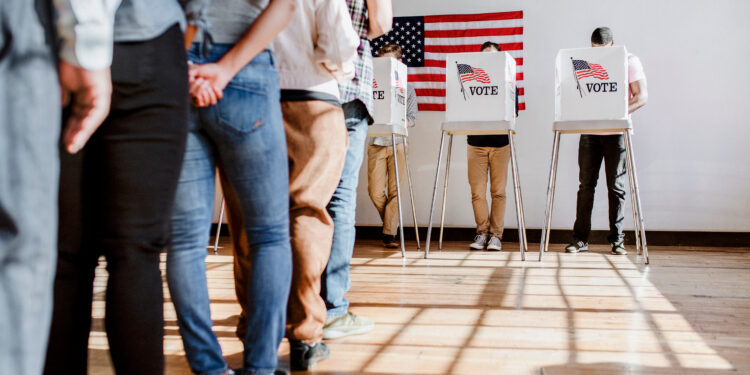A New York state Supreme Court judge ruled on Tuesday, October 8th, that the state’s new law mandating local elections to be held in even-numbered years is unconstitutional. Judge Gerard Neri, based in Syracuse, determined that the law, which was set to take effect in 2025, violates the state Constitution’s protections for county charters. The legislation, introduced to align local elections with state and federal elections, was signed by Governor Kathy Hochul in December 2023.
The lawsuit, initiated by the Republican-led Onondaga County Legislature and supported by several other counties, argued that the law undermines local governance. Judge Neri agreed, stating that local elections should not compete with high-profile gubernatorial or presidential races, as it would lead to confusion and diminished attention on local issues. Neri highlighted that local elections could become lost in the “maelstrom” of national campaigns, making it harder for candidates to engage with voters.
Proponents of the law, including Democratic State Senator James Skoufis, argued that shifting local elections to even-numbered years would boost voter turnout by consolidating the elections. However, Neri rejected this reasoning, emphasizing that no state offices were involved, and thus, the timing of local elections should remain under local control. Skoufis expressed disappointment in the ruling and signaled that an appeal was likely.
Republican officials, such as Rensselaer County Executive Steve McLaughlin, praised the decision, claiming that holding local elections in even years would have confused voters and diluted their importance. Local government leaders stressed the importance of maintaining election cycles that prioritize community engagement.
The state is expected to appeal the ruling, and the outcome could have broader implications for New York’s election laws. As legal battles continue, the future of election scheduling remains uncertain.









